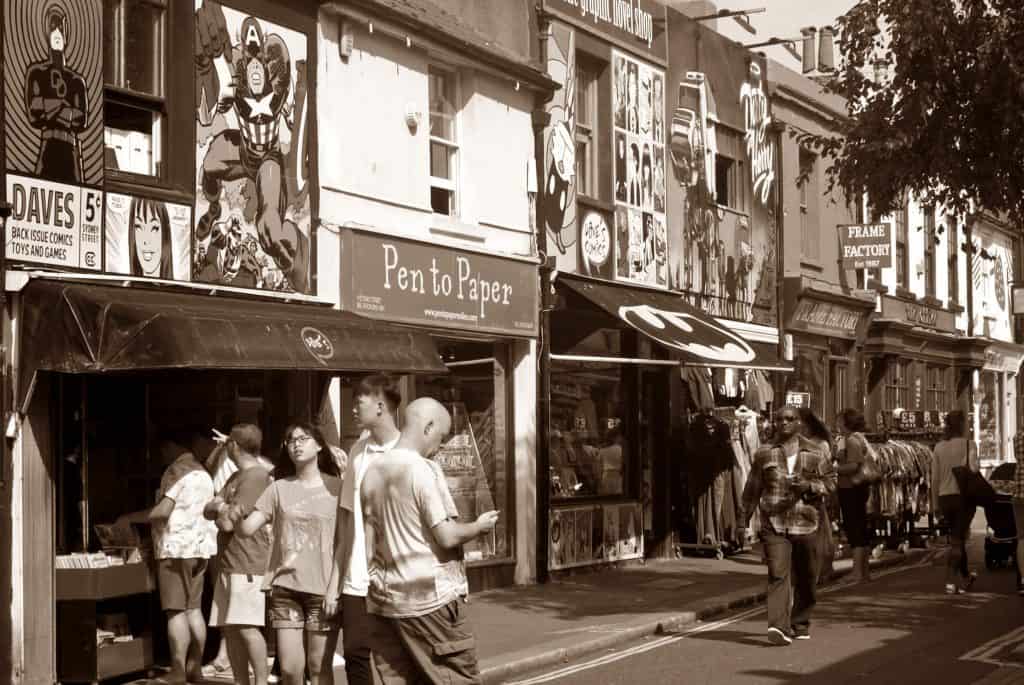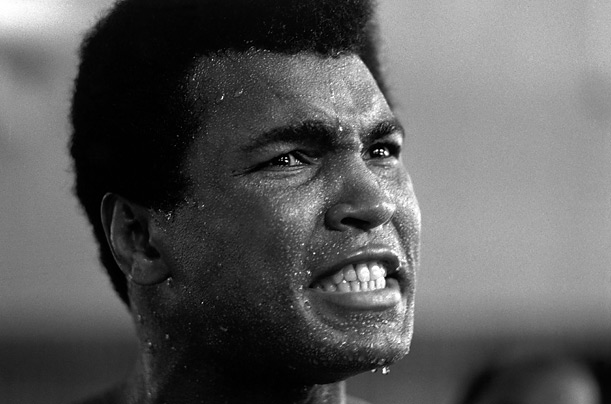‘What the country needs is annihilation of the enemy,’ observed Lord Nelson in the run up to the Battle of Trafalgar.
The great warrior was of course referring principally to the French, and I daresay many of us may have felt that some of President Macron’s digs at our post-Brexit nation’s fierce fightback against the pandemic were deserving of a full canon broadside.
Pro tem, our outstanding vaccine rollout I would imagine to be more than enough for senior politicians on the European mainland to keep their less generous views to themselves. When all is said and done, none of us have had it easy. It is just that we have quietly got on with rebuilding a devastated landscape and hey, what a difference a few weeks can make.
When I cycled into the centre of Brighton in early February, a harsh wintry westerly nipping at my ankles, the effects of the past, horrendous 12 months were clear.
 The doorway of travel firm Trailfinders had become a temporary campsite for several homeless people, who along with a couple of large dogs looked to be – on balance at least – reasonably content with their new pitch.
The doorway of travel firm Trailfinders had become a temporary campsite for several homeless people, who along with a couple of large dogs looked to be – on balance at least – reasonably content with their new pitch.
As the specialist shop is located on one of the city’s busiest streets, and urban campsites are an unusual sight even in the depths of a pandemic, the brightly coloured tent and scattered detritus seemed to me yet another ironic metaphor for our ravaged economy.
An erstwhile thriving holiday company, grounded like all of us for the best part of a year, now hosting a nomadic troupe, also going nowhere, but calling it home for the time being at least.
Brighton, a city, looking ‘perennially as if it is helping the police with their enquiries’ as the late Keith Waterhouse memorably put it, had rarely looked so bleak, even in the 40 or so years I have lived here.
Resembling more an out take from the movie adaptation of Cormac McCarthy’s The Road, the post-apocalyptic effect of rows of shuttered and long since closed-down shops fronts has effectively nuked the inner city.
We all know ‘the UK High Street’, as it were, was in trouble long before the pandemic set about banging the final nails into the coffin, and our erstwhile homogeneous, frankly unattractive town and city centres were long overdue a makeover.
Even without the negligence of major retail conglomerates, which have collectively presided over shocking periods of decay and under-investment, the High Street was on a hiding to nothing. A serious rethink was long overdue.
But this is not the makeover any of us anticipated. Now, as we stumble gradually from the fading waves of end-game lockdown pulses, the rebuilding will, we hope, begin.
I think back to my arrival in the city, in the autumn of 1979, when the UK was in the grip of an appalling recession. Small businesses were closing left, right and centre, new building had ground to a halt, manufacturing production was in freefall, youth unemployment was soaring.
The chances of finding a job – any job – were low. And the winter of ‘79/’80, when we still seemed to have proper seasons, was freezing.
 Bleak.
Bleak.
There were no huge handouts to be anticipated from government, it was exceedingly difficult to claim unemployment benefit, and prospects for any youngsters not training for one of the main professions were extremely poor.
But, as we always do, we recovered. Bearing in mind that all recessions are cyclical, the 1980s were powered initially by what became known as the Lawson Boom, after the Chancellor of the day, Nigel Lawson.
As anyone who had a mortgage in those days may recall however, borrowing rates were driven up to giddying heights – up to 15 per cent at the peak in 1989.
Now that was fine if you owned your property outright and had money in the bank. You were laughing.
But for most homebuyers, it was an economic disaster. Many, facing impending bankruptcy, hoisted the white flag and posted the keys to their homes back to their lenders.
It is all a long, long time ago. But post-war capitalism has always moved in boom-and-bust cycles. In other words, as we emerge blinking into the watery Spring sunshine, we will get back to what we once regarded as ‘normal’.
As Mohammed Ali said following his brutal, bruising encounter with Ken Norton, a far lower ranked journeyman heavyweight: ‘Man that fella hit me hard – but I will be back. I will be back stronger. I will be back punching mean. And I will be back even better looking than I am now.’

And we will be back.
As our astonishing vaccine roll out has demonstrated, we are a brilliantly capable nation, clever and resourceful. We have shown that we can still lead the world in our enterprise and industrial and intellectual might, and while (whisper it) the French and Germans have been scratching their heads, looking across the Channel and wondering how they have been left so far behind, our new dawn is now a reality.
I know that one day – and it will not be too long now – we will be shuffling along on that interminable line, waiting to board an airliner, to whisk us off to some exotic beach or city. I know that the blokes who have set up camp in the generously proportioned doorway of Trailfinders will be obliged to take down their tent, while one of the few viable businesses on our High Streets once again fires up its systems and looks for the best deals for a vacation-starved population.
And I know that my local pub will be back, busier than ever. Those of us who have perhaps been more fortunate that our peers in the uneven hand dealt by the pandemic may well feel it incumbent upon them to spread the love. Spend, and then maybe spend a bit more. Because the dread gloom of the winter of 2020/21 is now behind us.
It is time to get out there and into the sunshine once again.

